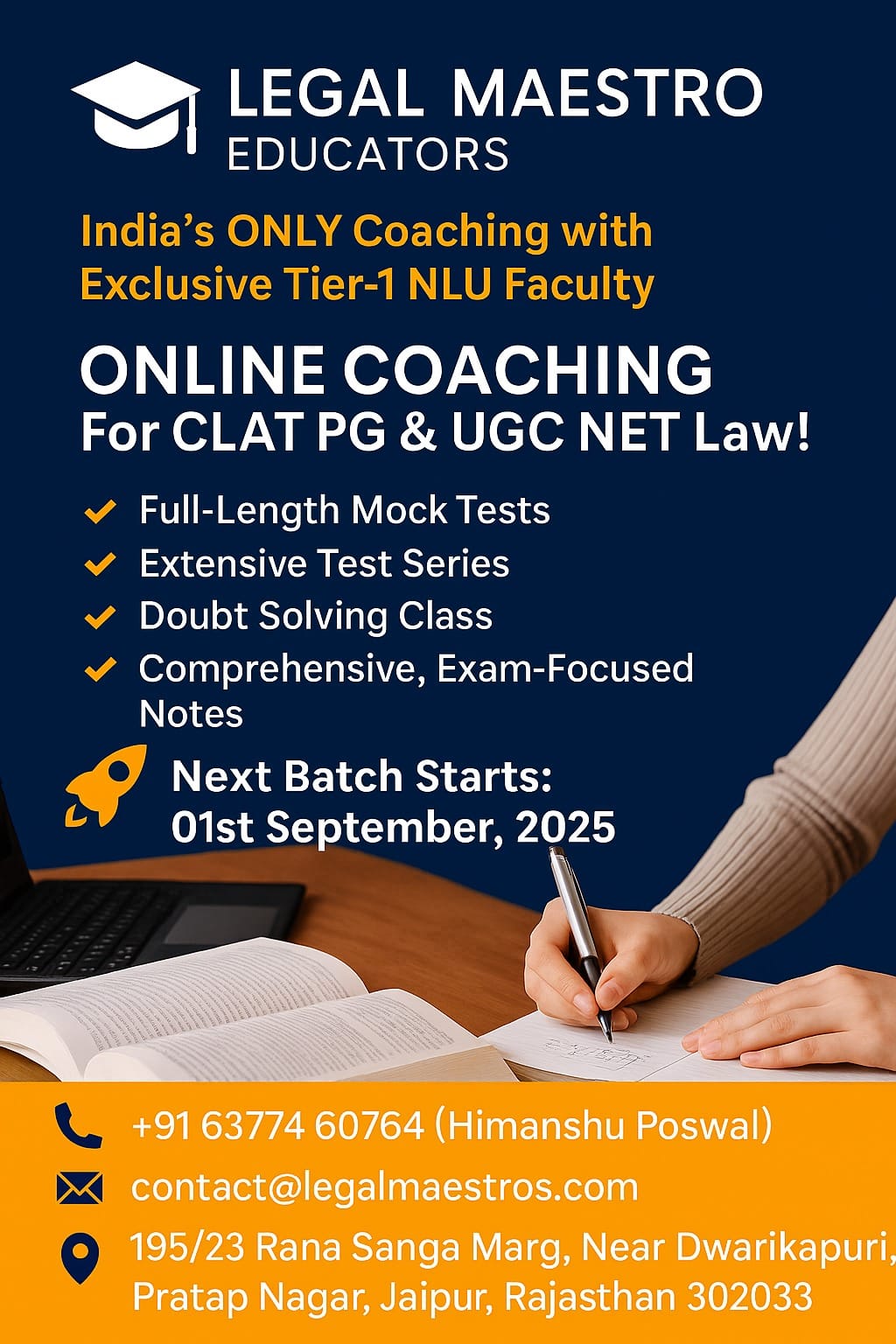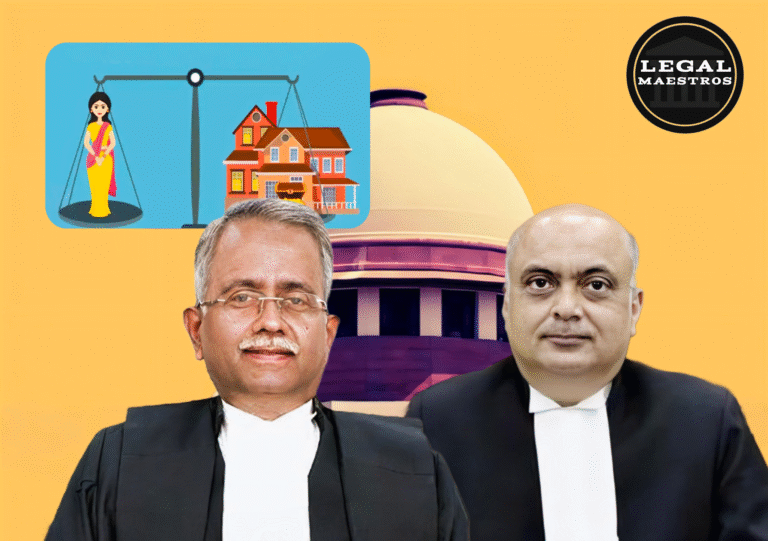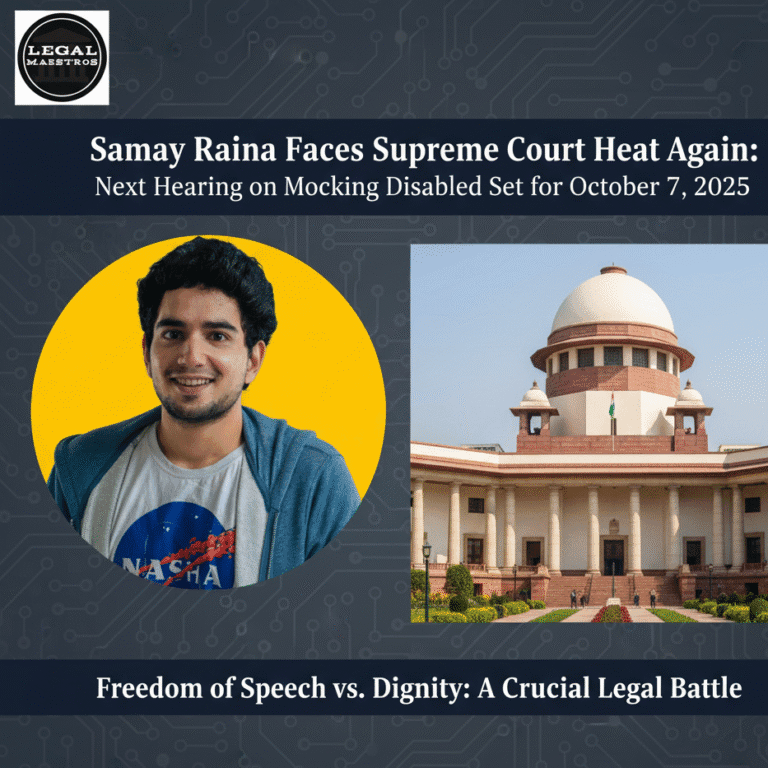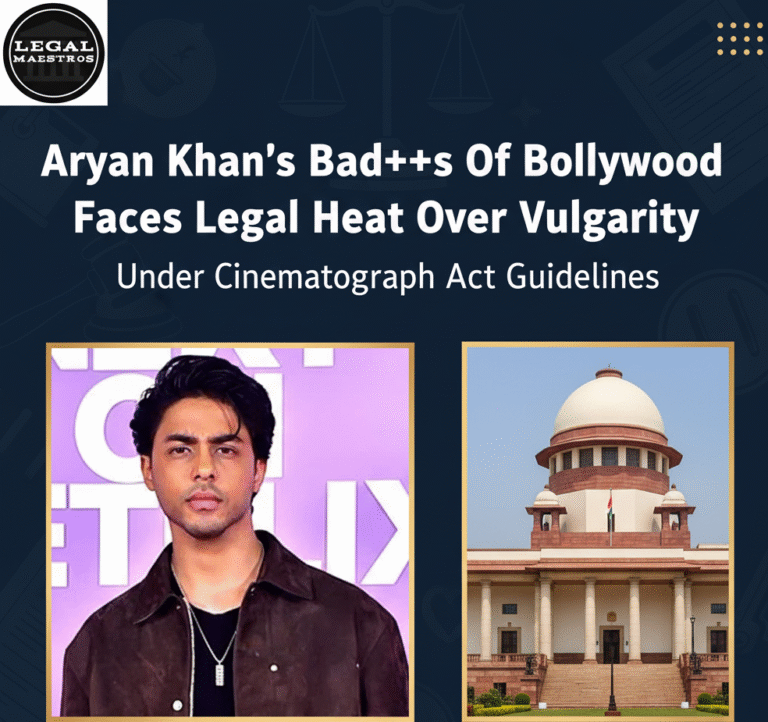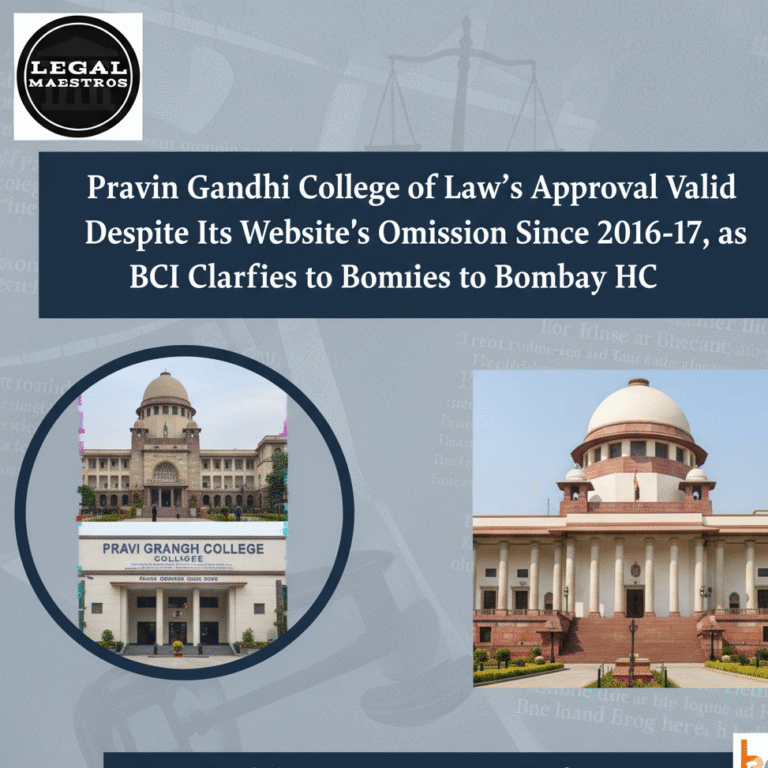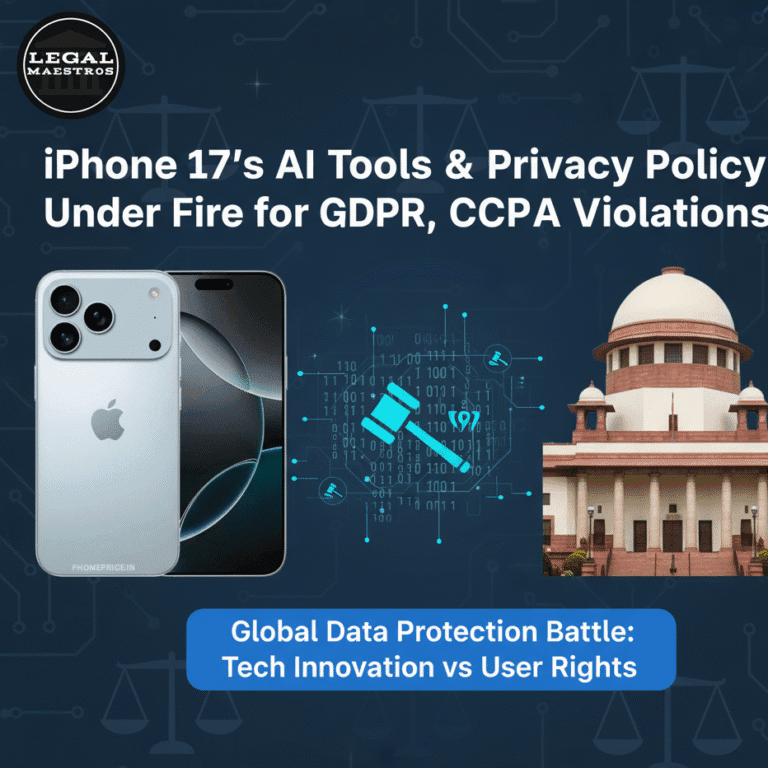
A significant decision was handed down by the Supreme Court of India in April 2025, which resulted in the cancellation of the whole recruitment procedure that had been carried out by the West Bengal Central School Service Commission (WBSSC) in 2016. The candidates were chosen for thousands of teaching and non-teaching positions in schools that receive funding from the government.
When speaking on behalf of the Court, Justice Sanjiv Khanna highlighted that when a recruitment process is fundamentally corrupted, the entire selection must be overturned, even if certain candidates who are not guilty of any wrongdoing are harmed. Important legal concepts regarding fairness in public employment and the boundaries of judicial tolerance for corruption are established in this case, which is known as State of West Bengal v. Baishakhi Bhattacharyya.
Historical Context of the Case
Not only did the recruitment procedure in question entail filling positions for non-teaching personnel in Groups C and D, but it also included filling positions for assistant teachers for Classes IX to XII.
WBSSC, the statutory organization that was established as a result of the West Bengal School Service Commission Act, 1997, published advertisements for more than 24,000 available positions. The procedure consisted of a written test that was scored using Optical Mark Recognition (OMR) sheets, which was then followed by personality tests or interviews.
A short time after the beginning of the recruitment process, complaints began to surface. A wide range of allegations were made, ranging from the unjust rejection of candidates to more serious allegations such as rank manipulation, appointments of candidates who were not mentioned, and skipping candidates on waiting lists.
The plea that Baishakhi Bhattacharyya submitted to the Calcutta High Court was submitted in the year 2016. Over the course of several years, further petitions were submitted, all of which pointed to a widespread fraud. A CBI probe was eventually ordered by the High Court, which ultimately resulted in the cancellation of the entire procedure in April of 2024.
Taking into consideration the Supreme Court
Appeal petitions were submitted to the Supreme Court by the State, the WBSSC, and hundreds of candidates who were adversely affected. A significant number of them had been employed for more than five years and asserted that they had been legitimately selected.
It was up to the court to decide whether or not the annulment of the entire procedure was appropriate, or whether or not the only people who should have been punished were those who had been proven guilty.
Rules and Provisions of the Law That Are Involved
There were various rules that governed the recruitment process:
The rules that were implemented in 2016 for the recruitment of assistant teachers for classes IX–X and XI–XII
The rules set in 2009 for the recruitment of staff members who are not teaching (Groups C and D)
Article 14 and Article 16 of the Constitution of India, which ensure equality and fair opportunity in public employment, are particularly particularly important.
Additionally, the Court made reference to other rulings, such as Sachin Kumar v. DSSSB and Inderpreet Singh Kahlon v. State of Punjab, which dealt with the termination of recruiting processes that were tainted with corruption. If the process is deeply and systemically corrupted, then cancellation becomes inescapable. This was clarified by the fact that innocent candidates should preferably not suffer while the process is being conducted.
Statements made by the Court
This was verified by the Supreme Court, which stated that the recruitment process had been completely undermined. It provided evidence from the Central Bureau of Investigation (CBI) and the Justice Ranjit Bag Committee to support its lengthy list of anomalies. The Court took note of the following:
Even though they were not on the merit list, individuals were appointed to positions.
The answer sheets for the OMR were altered in order to inflate the scores.
The original answer sheets were destroyed in an unlawful manner.
It was standard practice to leap ranks, which meant that candidates with lower marks were given preference.
Among the many ways in which the WBSSC failed to maintain transparency was the failure to publish the final merit lists with marks.
It was also brought to the attention of the court that the service provider, M/s Nysa Communications Pvt. Ltd., had contracted out OMR scanning without having the necessary authorization. In the end, it was discovered that these third-party agents had been involved in the manipulation of data.
Because of this, the Supreme Court decided that this was a clear example of “systemic fraud and malaise,” which is a situation in which anomalies cannot be isolated from one another. Neither the process nor its credibility could be saved at this point.
The Establishment of Legal Principles
A clear set of guidelines was established by Justice Sanjiv Khanna regarding the circumstances under which an entire recruitment process should be terminated:
In the event that the fraud is so widespread that it is difficult to differentiate between those who are guilty and those who are innocent, it is permissible to terminate the entire procedure.
A “probability test,” rather than an evidence beyond a reasonable doubt, is what the courts are required to use when widespread fraud is obvious.
It is of the utmost importance to safeguard the honesty of public employment and to maintain faith in the selection process.
In the event where the entire procedure is flawed, it is not necessary to hold individual hearings or provide notices.
However, despite the fact that innocent candidates are negatively impacted, it is not possible to favor them at the expense of the public interest and constitutional fairness.
The argument for partial cancellation is invalidated and rejected.
A number of appellants submitted a request to the Court, requesting that it separate innocent candidates and permit them to proceed. The court did not agree with this.
A statement was made indicating that the WBSSC had disposed of the original OMR sheets and had even neglected to store the scanned copies within its system. Because of the absence of essential evidence and the inconsistencies that existed within the WBSSC’s own submissions, it was difficult to prove the innocence of individuals.
During the course of the ongoing recruitment process, the Court stressed that the destruction of records demonstrated a willful attempt to conceal information. Consequently, if even a portion of the recruitment were to be allowed to continue, it would be an incentive for manipulation and would destroy public trust.
The Committee’s Findings and the Role of the CBI
The findings of the Central Bureau of Investigation (CBI) and the Justice Ranjit Bag Committee provide a solid foundation for the decision. Over seven thousand candidates’ scores were found to have been altered, according to the Central Bureau of Investigation (CBI).
There were almost 6,000 appointments that were made illegally, including individuals who had OMRs that were blank and were hired.
Through the use of emails and data acquired from private contractors, it was discovered that there was active cooperation between WBSSC leaders and agency staff.
In addition, the findings of the Committee demonstrated that a number of top officials of the Commission had removed themselves from their positions, manipulated their ranks, and failed to adhere to the rules.
Following the conclusion that the evidence of widespread criminal conspiracy and administrative failure was overwhelming, the Supreme Court expressed its appreciation for the efforts that were made to investigate the matter.
The repercussions of the jury’s decision
The decision of the High Court to cancel the entire selection process was upheld since it was upheld by the Supreme Court. It instructed that the following:
All of the appointments that were made through the process in 2016 were deemed to be invalid.
Those who have been paid salaries are required to return them, with an annual interest rate of 12%.
In the future, the CBI will continue its probe and provide additional reports.
Once the elections in 2024 have been completed, a new recruitment process ought to be launched.
The WBSSC is required to implement procedures that are open and transparent, including bids and data storage.
In future recruitment, it is imperative that every guideline be adhered to rigorously.
A More Wide-Reaching Effect of the Decision
A harsh warning has been issued to all public organizations by this verdict. Establishing that public employment is a constitutional trust and that any compromise with openness would not be permitted is the message that it conveys to institutions.
The Supreme Court has confirmed that the right to equality, as outlined in Articles 14 and 16 of the Constitution, includes the expectation of fairness in the recruitment process.
Additionally, the verdict can be used as a model for how the courts can handle cases of fraud that occur during the selection process. In the event that the entire procedure is corrupted, it highlights the fact that the general interest is more important than the plight of a few individuals.
In the case of State of West Bengal v. Baishakhi Bhattacharyya, the Supreme Court issued a decision that is considered to be one of the most robust pronouncements ever made against fraud in public service.
The decision made by Justice Sanjiv Khanna strikes a compromise between the application of legal reasoning and the overarching objectives of justice, fairness, and institutional responsibility.
The Court has, quite appropriately, placed a priority on restoring the system’s integrity, despite the fact that some people may feel that they have been wronged. In all future cases involving widespread irregularities in recruitment, this case will serve as a fundamental precedent that will be followed everywhere.
For any queries or to publish an article or post on our platform, please email us at contact@legalmaestros.com.
